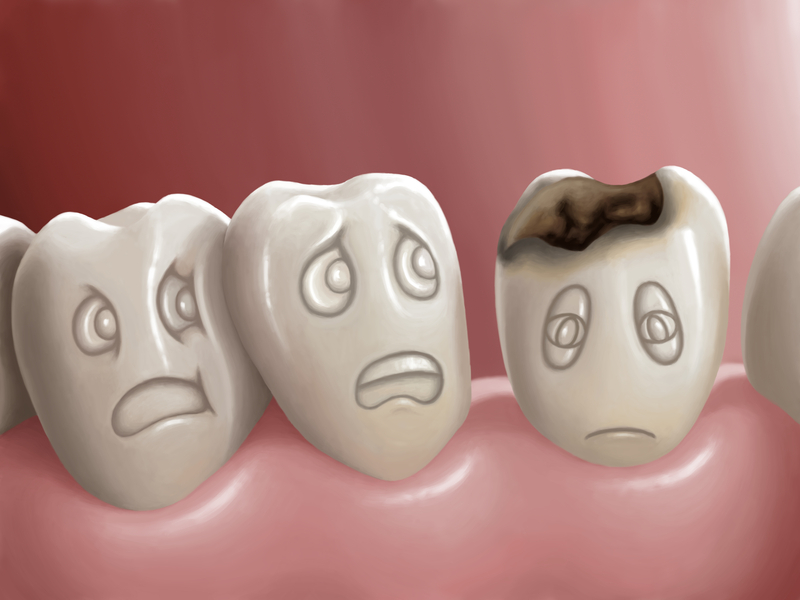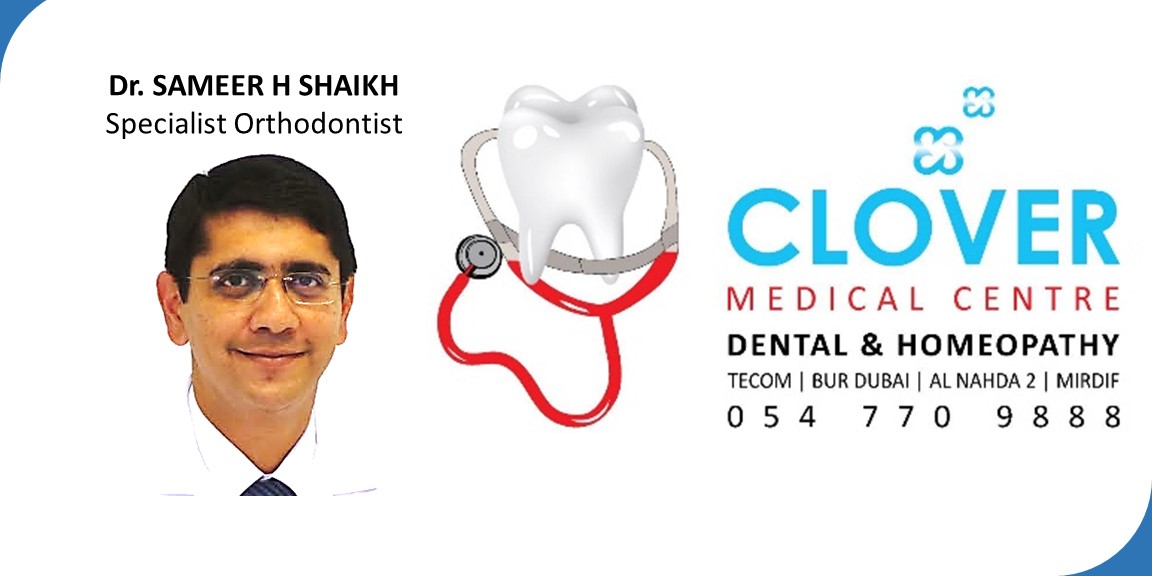 Brush your teeth after eating with fluoride toothpaste. Ideally, it’s best to brush after every meal, no less than twice a day. Using a toothpaste that contains fluoride is highly recommended. Mayo Clinic also recommends using an interdental cleaner or floss to clean between teeth. If you consume sugary substances, you should wait at least 30 minutes before brushing so that you don’t brush away the enamel on your teeth. If you’re unable to brush your teeth after eating, you can at least rinse your mouth with water or mouthwash. If you have a young child, it’s important to consult your dentist about how to care for their teeth.
Brush your teeth after eating with fluoride toothpaste. Ideally, it’s best to brush after every meal, no less than twice a day. Using a toothpaste that contains fluoride is highly recommended. Mayo Clinic also recommends using an interdental cleaner or floss to clean between teeth. If you consume sugary substances, you should wait at least 30 minutes before brushing so that you don’t brush away the enamel on your teeth. If you’re unable to brush your teeth after eating, you can at least rinse your mouth with water or mouthwash. If you have a young child, it’s important to consult your dentist about how to care for their teeth.
Rinse regularly. Your dentist may recommend that you rinse with mouthwash containing fluoride if you’re at a high risk for developing cavities. You can ask them about what type/brand they would recommend to best fight cavities.
Get a dental sealant. The Centers for Disease Control and Prevention recommends sealants for all school-age children. Still, they are helpful for both adults and children. Sealants are a protective, plastic coating that seal off the grooves and crannies of teeth where food and bacteria tend to collect. They are applied to the chewing surface of the back teeth, and they last up to 10 years before they need to be replaced.
Keep up with regular dental visits. Talk to your dentist about how frequently you’ll need visit to maintain your oral health. Regular oral exams, professional teeth cleanings, and other treatments can help prevent dental decay and spot problems early on.
Limit your frequent snacking and sipping. Eating or drinking a little here and there throughout the day puts your teeth under constant attack, especially when you eat sugary foods. The bacteria in your mouth feeds off of the carbs and sugars to produce an acid that destroys tooth enamel. The best thing to do is to drink water frequently instead, taking sips between bites, and keep the snacking to a minimum.
Stick to tooth-healthy foods. Diet is crucial to all aspects of health, including oral health. Foods that tend to get stuck in your teeth for long periods of time will promote tooth decay, such as chips or cookies. And of course, processed, sugary foods aren’t a good option either. Instead, opt for fresh vegetables and fruits, as they actually help increase saliva flow and remineralize tooth enamel.
Consider an antibacterial treatment. Sometimes medical conditions or other scenarios might make you especially vulnerable to dental erosion and decay. In this case, you might want to talk to your dentist about treatments to help cut down on harmful bacteria, such as special antibacterial mouth rinses.
